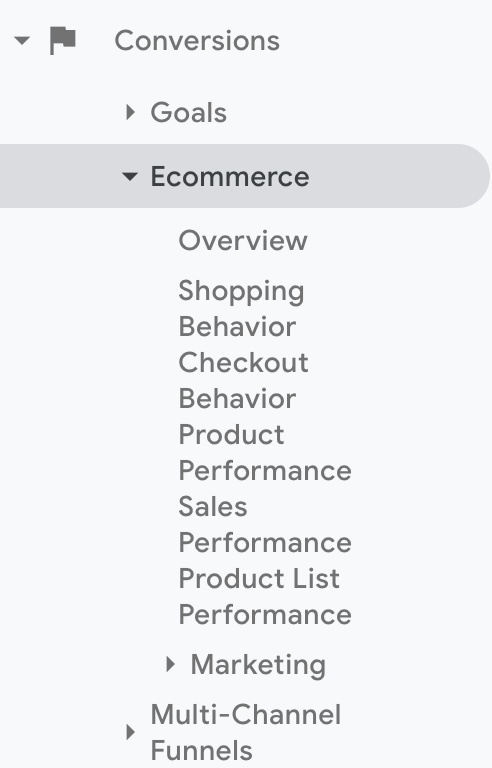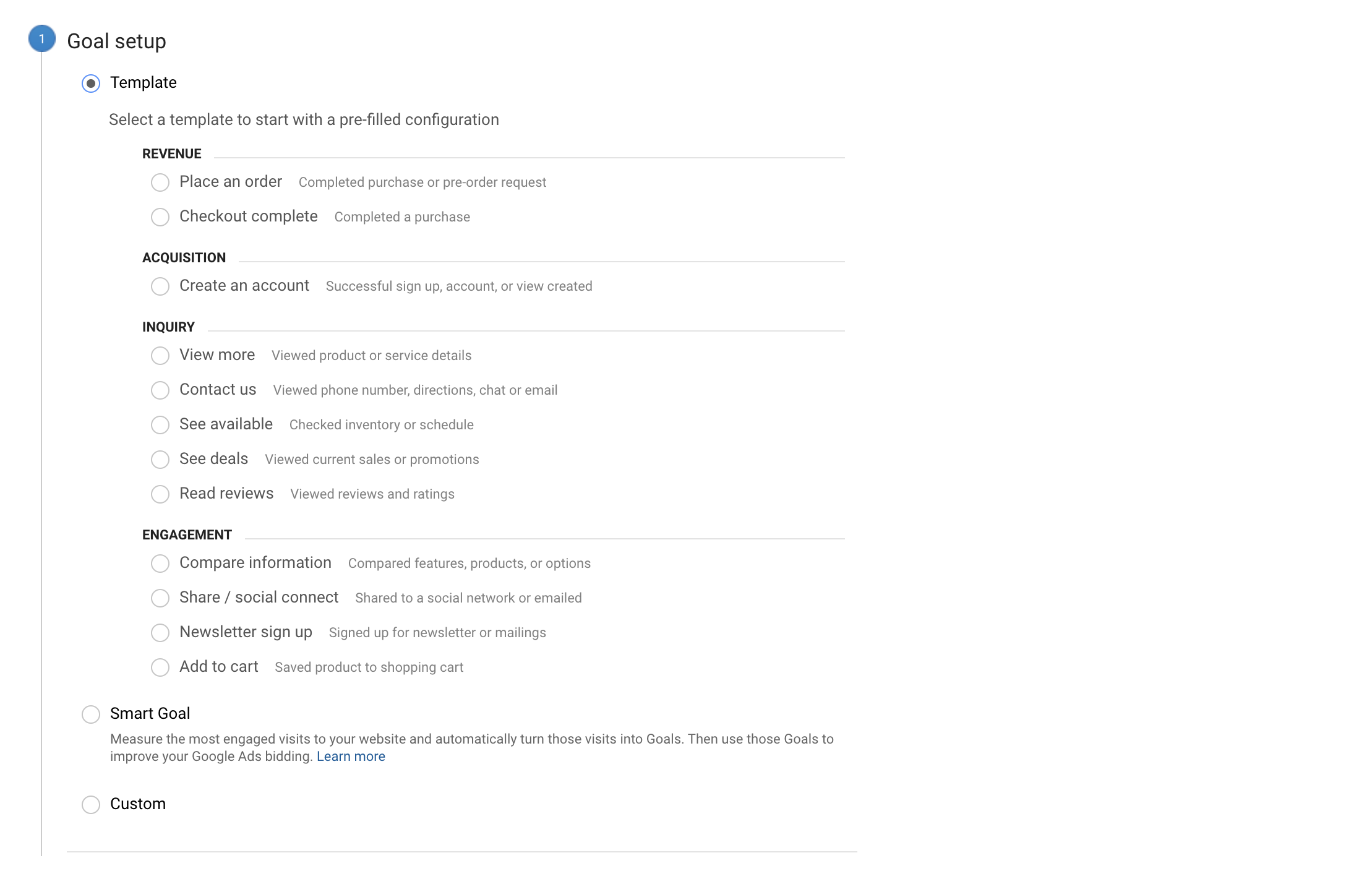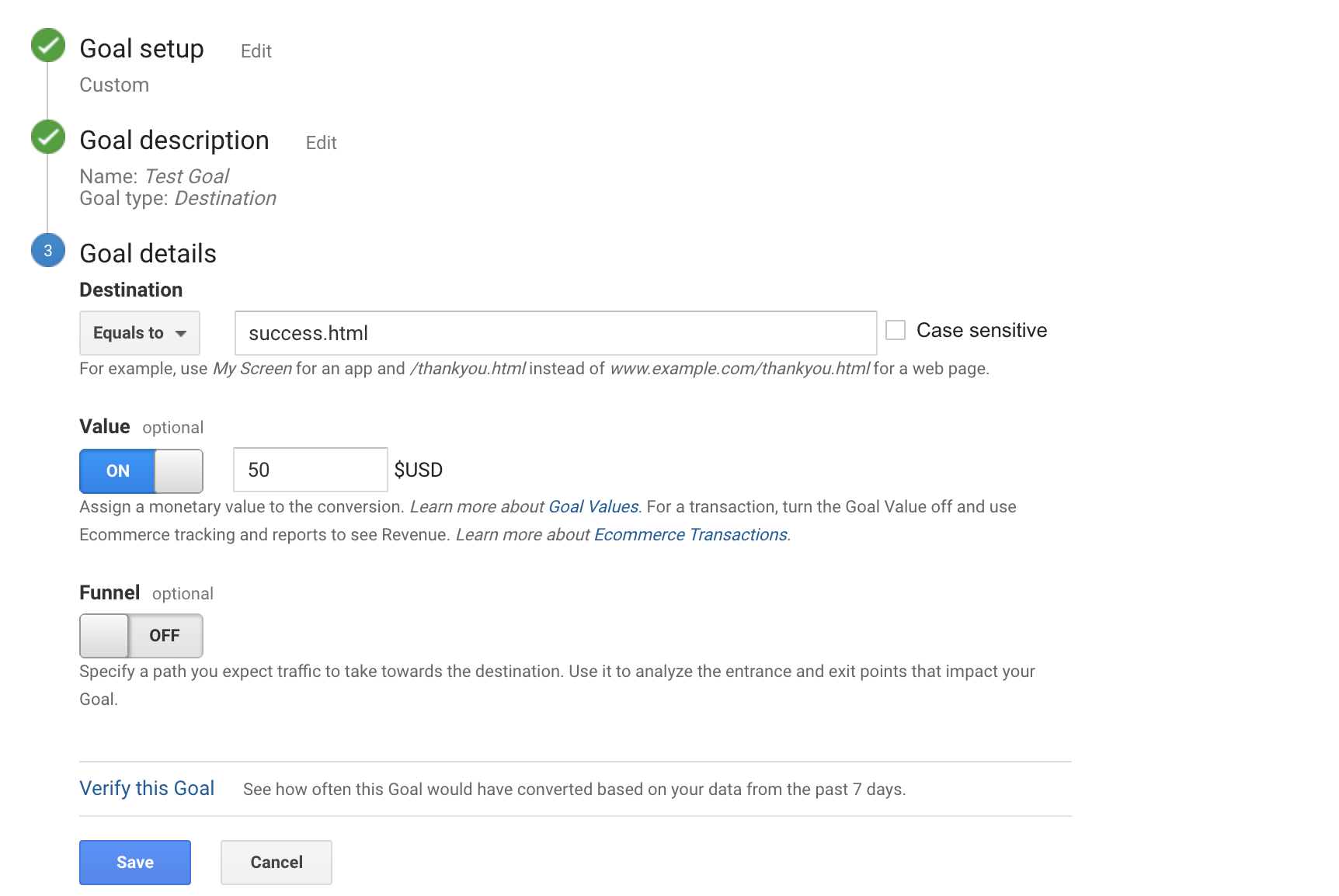Like any marketing channel, you need to demonstrate the ROI (return on investment) from your SEO activities. Any marketing strategy that's receiving investment, either internally or via an outsourced team, should demonstrate its value. But all too often, the measurement of SEO stops at tracking KPIs like traffic and ranking positions.
Calculating the ROI of your SEO campaign is possible, however. In this guide, we'll talk you through exactly how to go about doing this, as well as helping you to understand its importance and the challenges that come alongside it.
Specifically, we'll take a look at:
The Importance of Measuring SEO ROI The Challenges of Calculating SEO ROI How to Calculate Your ROI from SEO 1. Calculating Your SEO Investment 2. Tracking and Analyzing Conversions 3. Calculate Your Return on Investment A Note on AttributionThe Importance of Measuring SEO ROI
The average business drives 53% of its traffic through organic search.
And for this simple reason, it's essential that you're able to truly understand the actual financial value that the channel is driving to your business.
While your standard SEO KPIs (and even sales and conversions) are essential to measure (in fact, they're essential to allow you to demonstrate progression), the ultimate measure of success is delivering a strong ROI.
If you don't know exactly how much money is returned for every dollar you invest in your strategy; it's impossible to decide which channels in your marketing strategy are performing best and which should be scaled up. These are the metrics that your board will want to see. After all, those at the top want to know what the money that they put into your strategy is delivering in terms of cash in the bank. When you're able to demonstrate a positive ROI, you're showing success and generating buy-in to the channel from stakeholders right across the business.
The Challenges of Calculating SEO ROI
For many years, many have found it difficult to calculate the ROI of SEO accurately. This mostly comes down to the fact that, unlike PPC as an example, SEO doesn't typically have fixed costs associated with it.
PPC has click costs associated with it, in so much that you can easily attribute the investment across a given period. Typically, this is the click cost of running the ads combined with agency fees (or the cost of your internal team, if you're managing campaigns in-house). Put simply, it's easy to reach an accurate figure of investment.
On the other hand, SEO is a little more difficult to measure, given that the channel is all about earning organic visibility rather than buying it. There is no fixed cost with every organic click. However, we're here to help you determine your SEO ROI and give you tips on how to properly calculate it.
How to Calculate Your ROI from SEO
By now, you hopefully know why it's so important to be able to calculate your ROI from SEO. So how do you go ahead and calculate this?
1. Calculating Your SEO Investment
First, you need to calculate the cost of your investment in SEO. How do you accurately measure ROI? You need to combine the costs associated with the channel and use this as your investment figure. Typically, these costs include:
In-house SEO resources Assigning the cost of in-house resources is simple if it's people who work on SEO 100% of the time. Still, if not (let's say roles such as developers and copywriters who likely work across multiple teams), you'll need to break down their cost to an hourly or daily rate based upon their tracked time. So long as your team is tracking their time spent on SEO tasks, this shouldn't be too difficult to calculate. Agency resources If you work with an SEO agency (or are an agency looking to demonstrate the ROI of your activities to a client), then this becomes easier. The majority of agency engagements are on a retainer model, usually with a fixed monthly fee. Take any agency fees that are associated with SEO straight into your investment calculation. Investment into Tools Tools are often the SEO investment that's forgotten about. While some businesses put down the cost of tools and software as a technology cost, to truly understand the ROI of your SEO activity, you need to make sure you're calculating the value of your investment by including tools. As an example, if your team uses SEMrush, take the monthly cost of the tool into your calculation, alongside any other paid-for software that you use. If there are costs involving software used by different departments, consider taking a percentage that's attributable to the amount your team uses it compared to others.Combine these costs, and you should have a figure that can feed the 'investment' part of your ROI calculation. Just remember that these costs might change monthly, and that's O.K. Just be sure to account for these changes when evaluating this success metric every month.
2. Tracking and Analyzing Conversions
Calculating your ROI from SEO doesn't involve complex formulas, as long as you know the figures to input. Since you've already calculated the cost of your investment, now you need to track and measure the value of your conversions.
This isn't the same across every website. However, there are different methods and calculations needed for eCommerce and lead generation sites. That being said, Google Analytics is your best friend here; it can help you quickly and easily capture your business's revenue from organic search.
Tracking eCommerce Conversion Values
If you have eCommerce tracking properly set up in Google Analytics, you'll have access to the metrics you need. If you don't, it's pretty simple to set up. Head to your Analytics account and navigate your way to:
Admin > View > eCommerce Settings

A simple toggle will show you whether or not this is turned on. If it's not, go ahead and turn it on and follow this guide to add the necessary code to your site to collect your eCommerce data and send it to Analytics.
You might need to work with your developer to do this, depending on the access you have and your level of experience. Enabling this report gives you access to a set of eCommerce reports under the Conversions tab of your Analytics view.

You can then segment these by channel to see specific data, in this instance, for organic traffic (SEO).

The key metric that you'll want to use here is revenue.

Tracking Lead Generation Conversions Values
When you're working with a business where the primary type of conversion is leads, it's a little more challenging to track your conversion value. Unlike eCommerce transactions, a lead typically doesn't have an associated value because the actual conversion usually takes place offline, as well as the fact that not every lead that's generated will turn into a paying customer.
At least, not unless you assign one. And you can do this in Google Analytics. Head to:
Admin > View > Goals
When setting up a new goal, you'll either be able to choose from a template, a smart goal, or a custom goal.

Choose 'custom' here. Choose your goal type and you'll then see an option for 'Value' on the Goal Destination screen where you can assign a monetary value to every goal.

You can use this to help you to calculate the ROI of your SEO, based on the average value of a generated lead to your business.
Every time a goal completion is tracked, this will assign the given monetary value. But how do you go about figuring out the value to enter here? The simplest (and usually the most effective) way to do this is by using a calculation of:
Customer Lifetime Value x Lead Conversion Rate
Customer LTV is the average spend that a customer makes with a business over time, and the lead conversion rate is the percentage of leads you generate that turn into sales.
If the average lifetime value of a customer is $20,000 and your closure rate is 15%, your goal value should be set at $3,000.
Of course, this is making certain assumptions. However, it's a proven way to calculate the return for a business where leads are the main source of conversions. You can then grab the value of organic leads generated by heading to:
Conversions > Goals > Overview
Then, filter by organic traffic and take the 'Goal Value.'
By this stage, you should have both the cost of your investment into SEO as well as the revenue (or value) generated. You're ready to calculate your SEO campaign's ROI.
3. Calculate Your Return on Investment
Once you've got the data you need, calculating your ROI from SEO is actually really easy.
You can do so using this formula:
(Value of Conversions – Cost of Investment) / Cost of Investment
Let's work out an example. Assuming that over a month, your SEO campaign generated $200,000 and that the costs associated with this were $40,000.
Put these figures into the formula above and we get:
($200,000 - $40,000) / $40,000 = 4
For every $1 you spent on SEO in this scenario, you saw a return of $4.
In other words, your ROI here is 400% (4 x 100 to get a percentage). That's all there is to it.
You can use this formula to calculate the ROI of your SEO campaign across any period you choose, so long as you know the costs and the returns.
A Note on Attribution
There's one important note that we need to make when it comes to calculating the ROI of your SEO activities: different methods of attribution.
By default, Google Analytics uses Last Non-Direct Click conversions, meaning that conversions are attributed to the last channel that drove a visitor to your site unless this was a direct hit. We need to remember that the majority of customers require multiple interactions with your business before they convert. In fact, Ruler Analytics suggests that this could be up to 20.
Maybe they first clicked on your site through organic search, then returned twice via a PPC ad (therefore having their sale attributed to the PPC channel, not organic, even though this is what first drove the user to discover your business).
To help you to understand the true value of each channel, you can take a look at the Assisted Conversions Report which you can find in Google Analytics by navigating to:
Conversions > Multi-Channel Funnels > Assisted Conversions
Here, you can see both the 'assisted conversion value' alongside the 'last click value.'

See here how the last-click conversion value of organic search is $8,137.47, whereas the assisted conversion value is $14,061.72.
However, it's important to make sure that all channels are reporting in the same way; otherwise you'll be doubling up on some conversions. If you're reporting on your SEO ROI using the assisted conversion value and your PPC team are using last-click (or even first-click), you'll run into reporting inaccuracies.
That said, understanding assisted conversions (regardless of how your business wants you to report) is another way to help demonstrate the overall impact that SEO is having upon revenues and returns.
Knowing the ROI of your SEO efforts is powerful information and one that can be used to get further buy-in for additional investment and showcase the success that your strategy is driving in terms of a financial return.
Calculate and report on it regularly! After all, most stakeholders don't want to know that you increased organic traffic by 200%. On the other hand, most would be all-ears if you're telling them that every $1 they invest in SEO brings $4 back.
Innovative SEO services
SEO is a patience game; no secret there. We`ll work with you to develop a Search strategy focused on producing increased traffic rankings in as early as 3-months.
A proven Allinclusive. SEO services for measuring, executing, and optimizing for Search Engine success. We say what we do and do what we say.
Our company as Semrush Agency Partner has designed a search engine optimization service that is both ethical and result-driven. We use the latest tools, strategies, and trends to help you move up in the search engines for the right keywords to get noticed by the right audience.
Today, you can schedule a Discovery call with us about your company needs.
Source:





